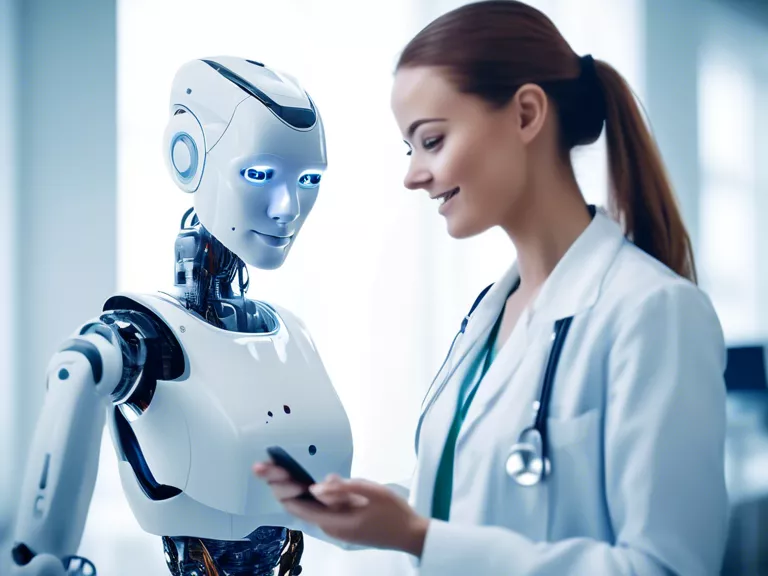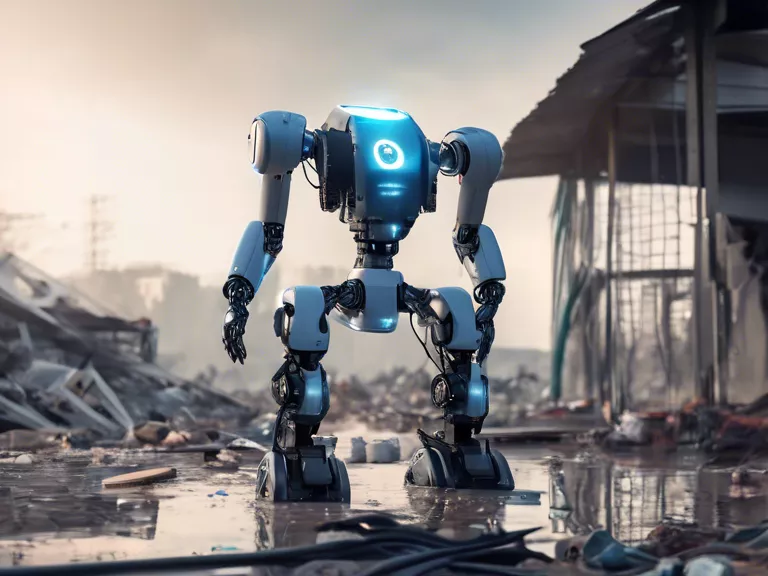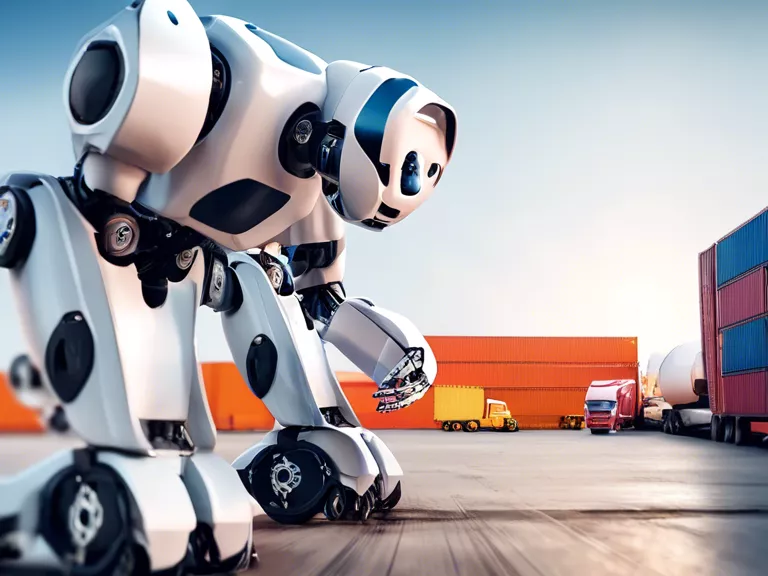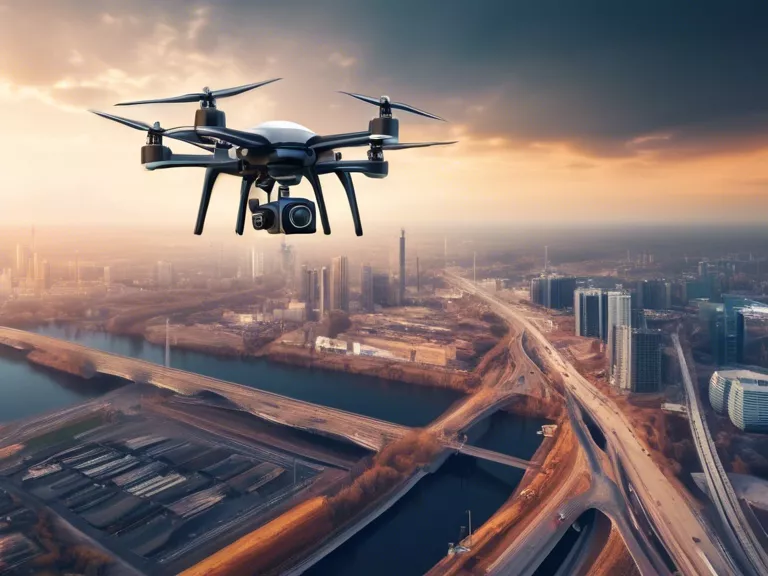
Artificial intelligence (AI) is revolutionizing the way robotic assistants are being used in healthcare settings. These advanced technologies are reshaping the future of patient care and streamlining various healthcare processes. From assisting in surgeries to monitoring patient vitals, AI-powered robotic assistants are making significant impacts in the healthcare industry.
One of the key ways AI is enhancing robotic assistants in healthcare settings is through improved decision-making capabilities. AI algorithms can analyze vast amounts of patient data and provide real-time insights to healthcare professionals. This enables robotic assistants to make informed decisions and recommendations, ultimately improving patient outcomes.
Furthermore, AI is enabling robotic assistants to perform tasks with greater precision and accuracy. Robotic surgeons, for example, can now perform complex surgical procedures with higher success rates thanks to AI assistance. The technology also helps in reducing human error, ensuring that patients receive the best possible care.
In addition, AI is enhancing the communication capabilities of robotic assistants in healthcare settings. Natural language processing (NLP) algorithms enable robots to understand and respond to human speech, allowing them to interact more effectively with patients and healthcare providers. This improves the overall patient experience and facilitates better collaboration between robots and human caregivers.
Moreover, AI is enabling robotic assistants to adapt to changing environments and situations. Machine learning algorithms allow robots to learn from their experiences and adjust their behavior accordingly. This flexibility is essential in healthcare settings where conditions can be unpredictable, ensuring that robotic assistants can effectively respond to new challenges as they arise.
In conclusion, AI is playing a crucial role in enhancing robotic assistants in healthcare settings. These advanced technologies are improving decision-making, precision, communication, and adaptability of robotic assistants, ultimately transforming the way healthcare is delivered. As AI continues to evolve, the potential for further advancements in robotic healthcare assistants is limitless.



